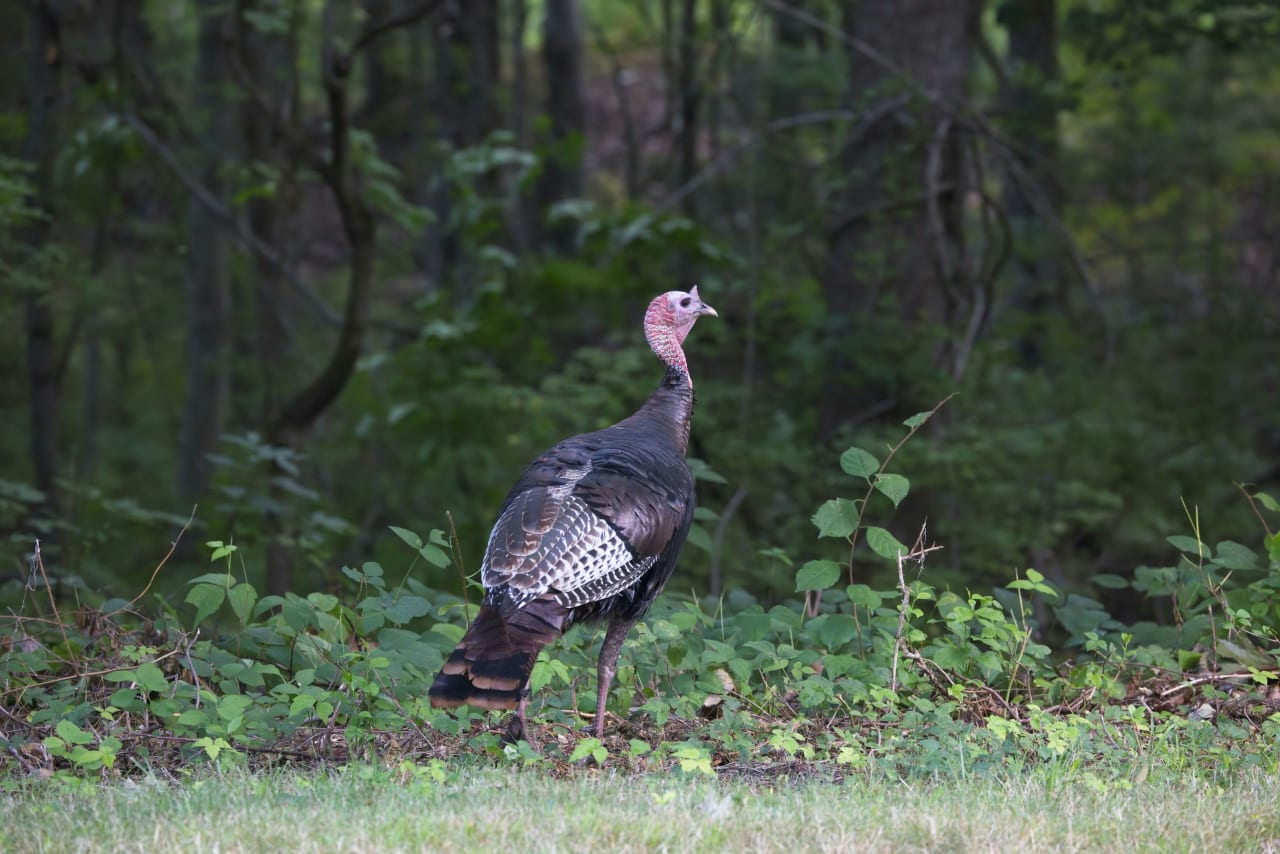The decision to buy land can come with significant tax ramifications. Before you decide which property to buy, you should obtain tax advice regarding your purchase. Here are a few things to consider if you buy North Carolina rural land.
Property Taxes
Even if you are not collecting rent or generating income from your property, you will still be required to pay property taxes. Your county’s assessor office is responsible for determining the value of your North Carolina vacant land and the property taxes will need to be paid based on that value. The
North Carolina Property Tax Rates – North Carolina Department of Revenue can provide some guidance on how property taxes are collected.
Investors
For tax purposes, there are two types of individuals that can own vacant land. These are investors and real estate dealers. An investor is not in the business of buying and selling land. Rather, they plan to hold on to the land hoping that the value of the land will appreciate. For the purposes of reporting your investment to the IRS, as an investor you will report your land investment on Schedule A (Form 1040), Itemized Deductions. There you can deduct your property taxes and miscellaneous itemized deductions, including legal, accounting and insurance fees.
Real Estate Dealers and Business Use of the Land
Real estate dealers buy and sell land. A real estate dealer will report their business activities via Schedule C, Profit or Loss From a Business. If you plan to use the land for business, you will also be required to report your income and expenses via Schedule C. Activities that can qualify your property as a business, include:
- Maintaining separate books and accounts for the property
- Performing activities on the property that a business owner would perform
- Participation in farming or ranch organizations
- Improvements and capital expenditures to increase the property’s value
If you plan to use the land for business, you should make sure to familiarize yourself with the hobby loss rules so that you don’t miss out on valuable deductions.
Getting Further Assistance
To avoid surprises, contact the local county land commissioner or zoning board to find out more about the expected tax bill for the property. If you would like to learn about potential tax savings, you should get in touch with a Certified Professional Accountant for guidance on your individual situation.
This article provides information, not tax advice or opinion. It should not be viewed as a substitute for the recommendations of a retained tax professional. Legacy Farms and Ranches shall not have any liability or responsibility to any individual or entity with respect to losses or damages caused or alleged to be caused directly or indirectly by the information contained in this article.










